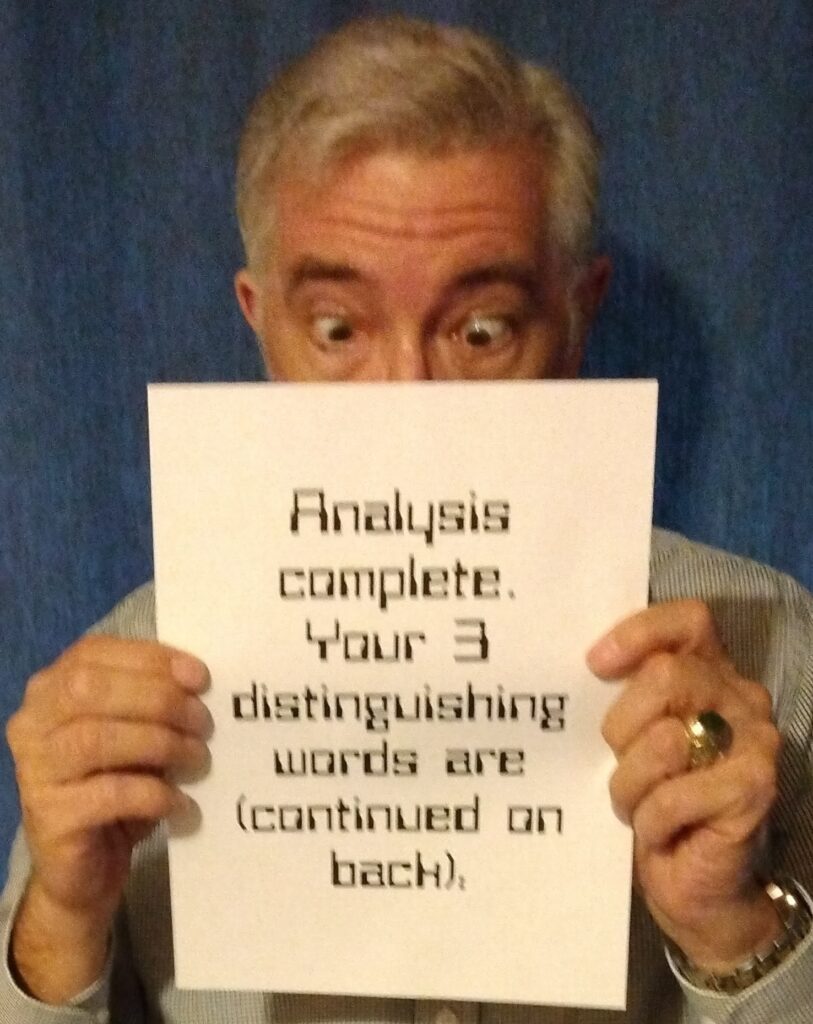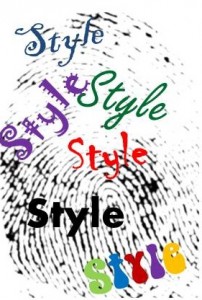Using computers, you can measure peoples’ writing. You can compare recent bestsellers to books that didn’t sell well.
One man with interests in numerical analysis and literature tried just that. Ben Blatt wrote Nabokov’s Favorite Word Is Mauve: What the Numbers Reveal About the Classics, Bestsellers, and Our Own Writing. Megan Gambino interviewed him in this post.
Blatt analyzed books by many bestselling authors of the 19th and 20th Centuries, looking for patterns of word usage. He compared the practices used by these authors to the practices recommended in writing classes (and in blogs about writing, like mine). Among his findings are the following:
- Advice: Keep your opening sentences short.
- Finding: True. The bestselling books start with short sentences more often than not.
- Advice: Don’t open with the weather.
- Finding: False. Many bestselling books do.
- Advice: Shun adverbs.
- Finding: True. The bestselling books tend to include fewer adverbs.
He also set out to discover whether American authors write in a ‘louder’ manner than British authors. That is, do American author cause their characters to yell and scream more than British authors cause their characters to do? That answer is yes.
I found one aspect of Blatt’s research of particular interest. He analyzed what words some authors used more than others. For Jane Austen, the words civility, fancying, and imprudence showed up a lot. John Updike used rimmed, prick, and f**ked more than most. As you can guess from the title of Blatt’s book, Vladimir Nabokov favored the word mauve. Nabokov associated numbers, letters, and sounds with colors, a symptom of synesthesia. Blatt found Ray Bradbury used spice and smell words more than most.
These findings intrigued me. If someone performed a numerical analysis of my own published works, what would that reveal? What words do I use more frequently than other writers do? If you’re a writer, are you curious about that aspect of your own work?
If someone crunched the numbers for your writing and told you your three distinguishing words, what would these words say about you? Nabokov’s mauve pointed to his synesthesia. Bradbury’s spices brought him back to the smells of his grandmother’s pantry. If you knew your distinguishing words, would they surprise you? Delight you? Disgust you?
After knowing them, would you own them and seek to use them more in future stories, or disavow them and expunge them from your vocabulary?
One thing’s certain. Considering just my blogposts alone, my two most distinguishing words must be—
Poseidon’s Scribe


